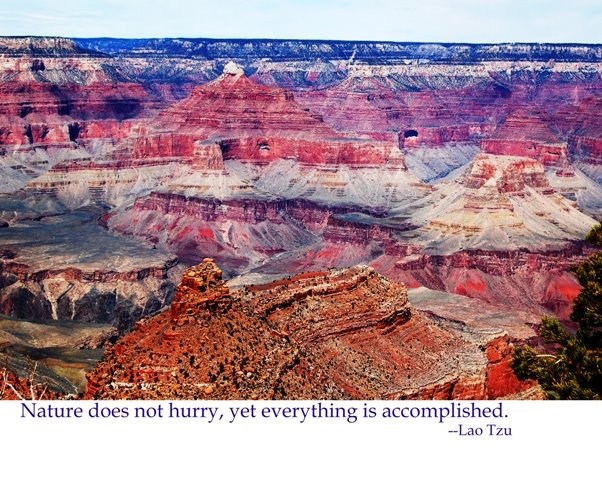On my drive to and from Texas, I had only three unscratched CD's, and no good radio for several hundred miles. So these three CD's got a lot of playing time. One was a collection of my favorites from Bruce Springsteen. I can't remember the name of the music critic of the Dallas Morning News in the 1990's, but he had one of my favorite comments. He said, "when it comes to poets in rock music, there's Bob Dylan and Bruce Springsteen, and then there's many others who wish they were." One of the songs from Springsteen that I love is My Hometown. The song starts with the singer saying, "I'd sit on his lap in that big ol' Buick, Steer as we drove through town. He'd tousle my hair and say son, take a good look around. This is your hometown." The song goes on to describe how the town declines with racial tensions and then the loss of jobs at the textile mill. "Now main street's whitewashed windows and vacant stores. Seems like there ain't nobody wants to come down here no more."
Graham never, at least that I was aware of, had problems with race relations, but there has been plenty of upheaval with loss of jobs. When I was a kid, Graham Magnetics and Hexcel were two of the largest employers in the town. Both closed shortly after I graduated from high school. The other major industry, oil, has seen numerous ups and downs in my lifetime. I drove around downtown and recognized very few stores that still had the same occupants from my childhood. But few had whitewashed windows or were vacant stores. What makes some areas bounce back from hard times, while others wait for the government to come rescue them?
Check out Youtube for videos of Detroit today. Not only is the city practically dead, but there is a sense of hopelessness. None of the stories you hear or the articles you read talk about exciting new plans for developing the abandoned neighborhoods. Everyone seems to be waiting around for, not a hand up, but a handout. Or in the case of one widely circulated video, "get me some of that Obama money." Why?
I think that it is all about the way the people in those cities and industries are educated. Educated not only by their public schools, but by their unions. "The man" is out to get the little guy. "The man" uses the little guy to make million$, then tosses him aside when he's done. The only hope for the little guy is the union. They will stand up to "The man." Oh yeah, be sure to elect democrat/progressives. They work with the unions to make sure you won't be taken advantage of. Of course, the union support will cost you. You will have dues taken out of each check, but it's worth the money. Who else is going to stand up for you? You are helpless on your own. Now the unions have all their candidates in place in Washington D.C. They will take tax dollars out of your check too. But only to pay for programs to protect you when "The man" fires you, takes his million$ and leaves Detroit. Well, GM got its bailout. Chrysler got its dollars. The UAW seems to be doing fine, or at least the union itself is. Not the little guy though. Seems like the union took all its dues and gave them to elect its candidates. The government took its taxes, and bailed out the union with them. Where does that leave the little guy? Trying to survive and mostly seeming to be waiting for their rescue by their beloved unions and caring elected officials.
In contrast, ranchers, farmers, and small oil companies are independent. They go through just as many, if not more, economic ups and downs as any other industry. But they survive and adapt. Businesses close, but a new one steps in. Drilling rigs sit idle for 5, 10 years or more. But as soon as the business climate is healthy again, they are ready to work and thrive again. All the while knowing that just as surely as a boom came, a bust is around the corner. People help each other out when they can, because they realize that soon the tables will turn. They know better than to count on the government or paid unions to rescue them.
It really seems like there are some tumultuous times ahead, as the self-reliant, mostly westerners (not including California or California lite aka Oregon) adapt and recover from the latest hard times. Even in California, it seems that the smaller towns and farming/ranching communities are trying to do the right thing. Unfortunately their state politics are dominated by their cities, who like the union dominated areas of the country wait for the payoff from their campaign contributions to bail them out. There seems to be a great divide in the country now about things as basic as who we are, and what kind of country we want to live in. It also seems that our elected officials in Washington are not trying to close this divide, but expand it. We need to figure out why. But first we have to make sure we know who we are, and what America is.
Thursday, May 20, 2010
My Hometown
Labels:
boom,
Bruce Springsteen,
bust,
California,
detroit,
divide,
folk music,
my hometown,
oilfield,
Texas,
unions,
unrest
Subscribe to:
Comments (Atom)
+with+quote+sized+for+web.jpg)









